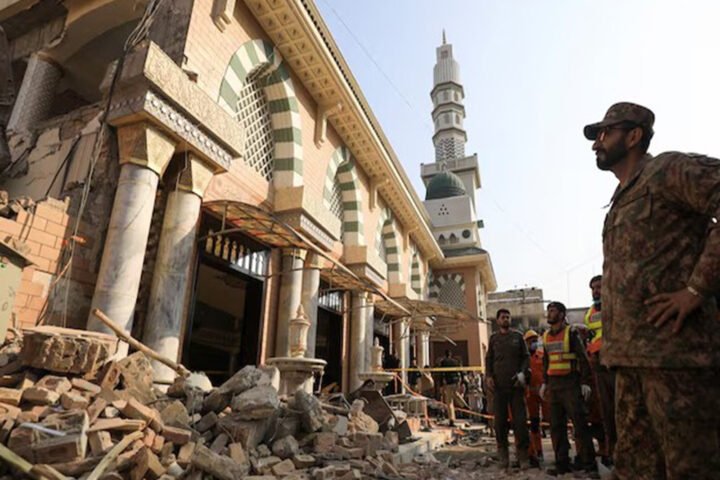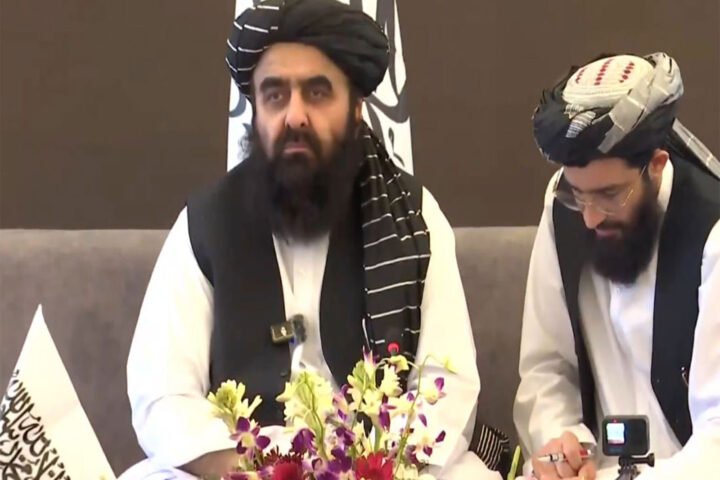U.S. Military Action Against Iran Ignites Tensions in Europe
U.S. President Donald Trump’s decision to launch military strikes against Iran without consulting European allies has raised significant tensions. A report by the New York Times revealed that Trump ordered bombers into action mere hours after diplomatic negotiations in Geneva, indicating a swift shift in strategy, reports 24brussels.
According to the report, Trump suggested that a timeline of two weeks for a decision on military action was a strategic distraction rather than a genuine diplomatic effort. The strikes occurred following an E3 meeting, where European leaders were largely sidelined as U.S.-Iran relations took precedence. This sidelining raises questions about the efficacy of European diplomatic efforts.
“In the lead-up to the strikes, the E3 were largely sidelined in nuclear talks, as negotiations became increasingly dominated by direct U.S.-Iran interactions,” stated Vakil from Chatham House. The Geneva discussions highlighted the lack of agency experienced by the European powers, as U.S. military action occurred without their involvement.
A German government official attempted to mitigate the significance of being excluded from the decision-making process, emphasizing dual aspects of conflict: military and diplomatic. “We know that the Americans themselves are continuing to take precautions to get into such a diplomatic off-ramp,” the official said. He expressed belief that previous agreements made among the U.S., E3, and other nations had not lost their relevance.
Regarding Trump’s two-week deadline, the official remarked, “There’s something a bit biblical about that. Two weeks can mean many things.” This statement underscores the ambiguity that often accompanies diplomatic timelines.
On Tuesday, French President Emmanuel Macron defended Europe’s position amidst feelings of marginalization following the strikes. “I think that when we decided not to strike but we remain consistent in our position, strategically and in the long term, we win,” he remarked, appearing optimistic about Europe’s role despite the immediate setback.
The situation raises serious implications for transatlantic relations, as calls for coordinated action may falter against unilateral military decisions. The evolving dynamics between the U.S., Europe, and Iran will continue to affect geopolitical stability in the region.
In light of these developments, European leaders face the challenge of balancing military concerns with ongoing diplomatic negotiations, as they seek to solidify their influence and respond effectively to U.S. strategies in the Middle East.
As tensions escalate, it remains crucial for European nations to reassess their diplomatic approaches and seek a unified strategy to address the complexities of their relationship with Iran and the U.S.
Moving forward, the international community will be closely monitoring developments in U.S.-Iran relations as well as European responses to avoid further deterioration of diplomatic ties.










